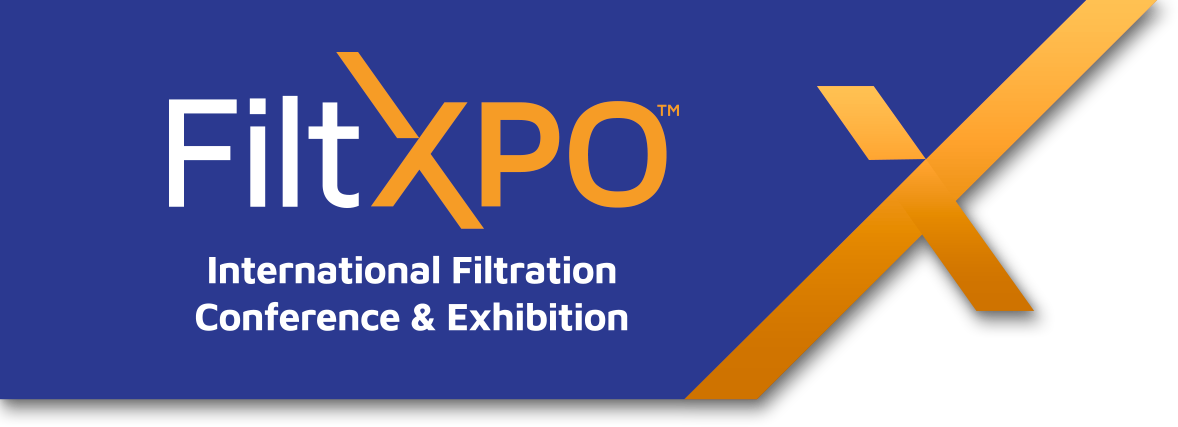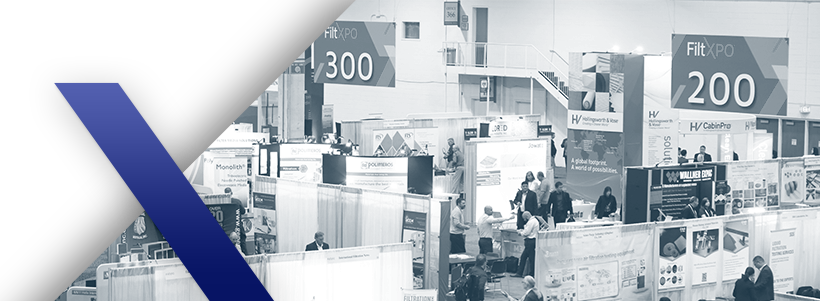Conference Speakers

Christopher Muller
Director IEQ Technical Services, AAF International
BIOGRAPHY
Christopher O. Muller is the Director of IEQ Technical Services at AAF International, headquartered in Louisville, Kentucky, where he leads technical support for the company’s data center business development program. His role encompasses a broad range of responsibilities, including research and development initiatives, technical consulting, and support services focused on indoor environmental quality and air filtration technologies.With over three decades of experience, Mr. Muller is widely recognized as an expert in environmental air quality, gas-phase air filtration, corrosion control and monitoring, and electronic equipment reliability—particularly in mission-critical environments. He has authored more than 50 technical papers and articles, delivered over 25 industry seminars, and co-authored three authoritative books, including Corrosion and Contamination Control for Mission Critical Facilities, featured in the Data Center Handbook: Plan, Design, Build, and Operations of a Smart Data Center, 2nd Edition, published by John Wiley & Sons; the Semiconductor Manufacturing Handbook, 2nd Edition, published by McGraw-Hill; and the NAFA Air Filtration Handbook.
Mr. Muller has provided strategic consulting and environmental guideline development for leading global technology firms such as Amazon, Dell, Google, HP, Huawei, IBM, KAO Data, Microsoft, and Morgan Stanley. He has also collaborated with the China Electronics Engineering Design Institute (CEEDI) in updating the China National Standard GB 50174-2008 for the design of electronic information systems.
He currently serves as Chair of the International Society of Automation (ISA) S71 Committee on Environmental Conditions for Process Measurement and Control Systems and played a pivotal role in the revision of ISA Standard 71.04 on airborne contaminants. Additionally, he is a member of ASHRAE Technical Committees 9.9 (Mission Critical Facilities, Technology Spaces, and Electronic Equipment) and 2.3 (Gaseous Air Contaminants and Gas Contaminant Removal Equipment), and is a past Chair of ASHRAE Standard Project Committee 145P, which established the first industry standards for gas-phase filtration performance.
A Distinguished Lecturer of ASHRAE, Mr. Muller is a sought-after speaker at international conferences and regional chapter events. He has received numerous accolades for his contributions, including ASHRAE’s Distinguished Service Award and recognition from the ISA and the Institute of Environmental Sciences and Technology (IEST).
Mr. Muller holds a B.S. in Applied Biology with a minor in Chemistry from the Georgia Institute of Technology and has completed postgraduate studies in Industrial Engineering.
2:00 pm - 3:30 pm
Air Quality in Data Centers: People vs. the Machines
When one hears the phrase "indoor air quality" or IAQ, most associate this with the health, well-being, and comfort of humans in an occupiable space. However, in mission critical facilities such as data centers, IAQ is being scrutinized less for the human occupants and more for the "health" of the critical informational technology (IT) and datacom equipment.
Regulatory changes in place since 2006 resulted in much higher failure rates for IT and datacom equipment in facilities located in regions with high air pollution levels. The use of outdoor air for free cooling as a way to reduce energy costs has reached the mainstream of data center design and for many companies it is now a standard design approach for all new facilities. However, as the use of free cooling expands, many locations are experiencing higher equipment failure rates due to the effects of gaseous pollutants, higher temperatures, and fluctuating humidity inside the data center.
4:00 pm - 5:00 pm
Panelist
As data centers evolve to support increasing computational demands, the need for effective indoor air quality (IAQ) management has never been more critical. This panel will explore the intersection of airflow, filtration, and energy efficiency, examining how contamination control impacts both equipment reliability and operational sustainability. Experts will discuss the challenges posed by rising heat loads, the effects of outdoor air integration, and the industry’s response to regulatory changes. Join our panelists as they delve into the future of IAQ in mission-critical environments and strategies to optimize air quality for both machines and energy efficiency.
8:00 am - 5:00 pm
Air Quality in Data Centers: People vs. the Machines
When one hears the phrase “indoor air quality” or IAQ, most associate this with the health, well-being, and comfort of humans in an occupied space. However, in mission critical facilities such as data centers, IAQ is being scrutinized less for the human occupants and more for the “health” of the critical informational technology (IT) and datacom equipment.
Regulatory changes in place since 2006 resulted in much higher failure rates for IT and datacom equipment in facilities located in regions with high air pollution levels. Miniaturization of electronic components combined with reductions in feature spacing on PCBs and the loosening of the data center temperature and humidity envelope to save energy is making electronic hardware more prone to failure due to exposure to ambient pollutants.
The use of outdoor air for free cooling to reduce energy costs has reached the mainstream of data center design and for many companies it is now the standard design approach for all new facilities. However, as the use of free cooling expands, many locations are experiencing higher equipment failure rates due to the effects of gaseous pollutants, higher temperatures, and fluctuating humidity inside the data center.
This does not mean that free cooling should not be considered where feasible; just that additional steps are required to assure reliable operation of datacom equipment. These steps include a determination of the types and levels of particulate and gaseous contamination, establishing a monitoring program inside the data center to check against standard levels and equipment warranty requirements, and lastly upgrading or adding the required type of filtration to remove and reduce contamination to manufacturers’ requirements.
This paper will present:
Air quality standards for datacom environments.
Updates on ongoing environmental concerns.
An overview of free cooling with respect to issues affecting electronic equipment reliability.
Free cooling case studies with and without application of contamination assessment, control, and monitoring programs.
KEYWORDS: Air quality, corrosion, data center, electronic equipment reliability, free cooling

